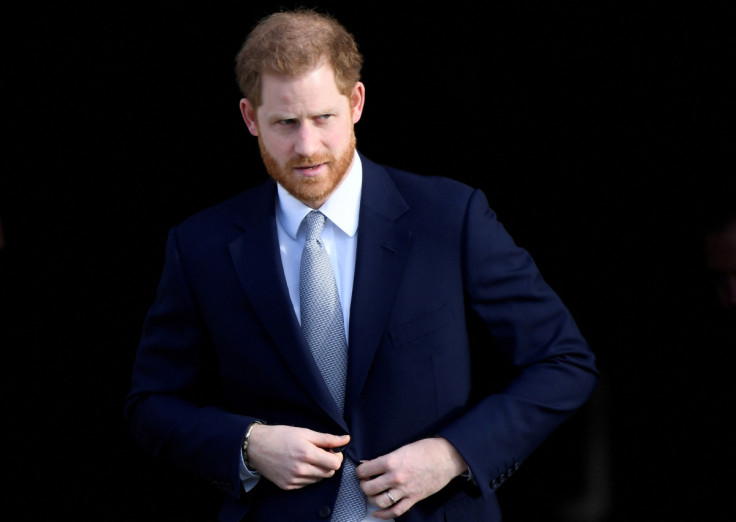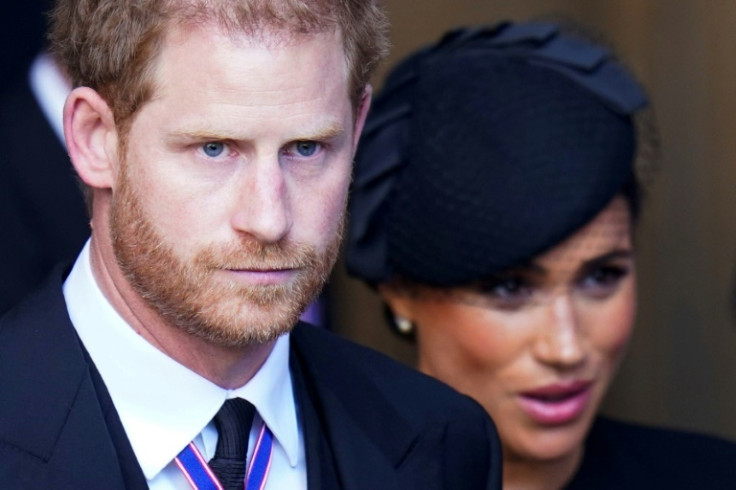Will Prince Harry's Admission Of Drug Use In Memoir 'Spare' Affect His Visa? Lawyers Speak Up

KEY POINTS
- Neama Rahmani believes Prince Harry's admission of drug use puts his visa at risk
- James Leonard said there's no issue unless Harry would give immigration officials a reason for an investigation
- Sam Adair agreed with Leonard and said breaking the law could be an issue in the visa renewal
Prince Harry's admission of drug use in his memoir, "Spare," has drawn mixed responses from legal experts.
The Duke of Sussex got candid about his history of drug use in his bombshell memoir that dropped in January. However, a legal expert claimed that being too honest about his previous drug use might put him in trouble.
"An admission of drug use is usually grounds for inadmissibility," former federal prosecutor Neama Rahmani told Page Six.
"That means Prince Harry's visa should have been denied or revoked because he admitted to using cocaine, mushrooms and other drugs."
Rahmani, the president of West Coast Trial Lawyers, added that there is "no exception for royalty or recreational use."
Attorney James Leonard, who represented "The Real Housewives of New Jersey" alum Joe Giudice in his immigration case, argued that Prince Harry's admission would cause him trouble.
"Absent any criminal charge related to drugs or alcohol or any finding by a judicial authority that Prince Harry is a habitual drug user, which he clearly is not, I don't see any issue with the disclosures in his memoir regarding recreational experimentation with drugs," the high-profile lawyer told the outlet.
The New Jersey-based lawyer explained that drug users who are not U.S. citizens would have to give immigration officials a reason to launch an investigation like a criminal act. Otherwise, the officials won't do anything about it.
"You've got to give them something that would trigger it, and revealing it in a book, that you experimented with drugs when you were a young man, I don't think gets you there," the celebrity lawyer said. "Immigration is not going to do anything based on that. If he got arrested or if he got a DWI, then we're having a different conversation."
Sam Adair, an immigration lawyer with more than two decades of experience, agreed with Leonard that it is "unlikely that these admissions will present a problem."
"If there had been a conviction, it would have likely been a significant issue in getting a visa," Adair noted. "This isn't to say that drug use could not be a problem in the immigration process, but in this circumstance, it is unlikely that this would present an issue."
He added, "It isn't clear to me what the duke's visa status is in the U.S., but breaking the law could be an issue in getting a visa renewed or for readmission to the U.S. But recreational drug use that has not been the subject of criminal scrutiny is unlikely to present an issue for someone's visa status."
Prince Harry wrote in his book that he "drank heavily," used cocaine and smoked pot throughout his life. He also claimed to have used coke as a teen and admitted experimenting with psychedelics into adulthood.
"It was the cleaning of the windscreen, the removal of life's filters — these layers of filters — it removed it all for me and brought me a sense of relaxation, relief, comfort, a lightness that I managed to hold back for a period of time," Prince Harry told trauma expert Gabor Maté in a virtual event earlier this month. "I started doing it recreationally and then started to realize how good it was for me."

© Copyright IBTimes 2025. All rights reserved.






















